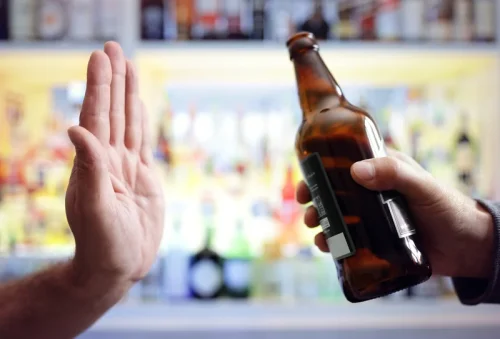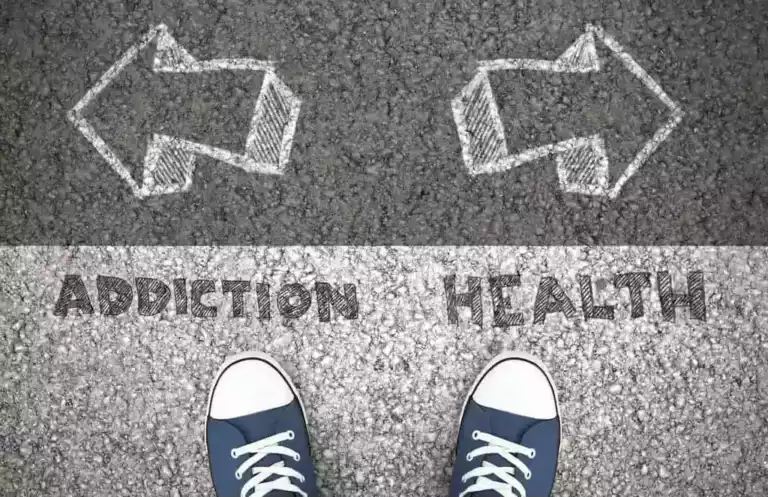

Alcohol consumption, particularly when excessive, can weaken the immune system, making it more difficult for the body to fight off infections. Regular heavy drinking can reduce the body’s ability to produce white blood cells and affect other components of the immune system. This susceptibility to illnesses can complicate existing health issues or create new ones, underscoring the importance of managing alcohol intake for maintaining overall health.
Start Your Recovery Today


The truth is that alcohol misuse changes the structure and function of the brain over time, leading why is alcohol addicting to addiction. Individuals with alcohol addiction may isolate themselves to avoid judgement or stigma. If you notice a loved one increasingly spending time alone drinking, they may be struggling with a drinking problem. Research suggests that genetic factors may be responsible for up to 50% of alcohol addiction risk. People with a certain variant of the gene that encodes for a protein which plays a role in dopamine regulation may be more likely to develop alcohol addiction and other addictive behaviours. Alcohol also alters brain chemistry and how the brain works, leading to a vicious cycle of heavy drinking and neurotransmitter production.
How to Tell if You or Someone You Know is Alcohol Dependent


Sometimes people say it’s not possible to form an addiction alcoholism symptoms to these drugs, but that is simply not true. These addictions are influence by the part of your brain called the nucleus accumbens. This part of your brain controls pleasurable feelings and gives you the desire to recreate those pleasurable feelings. If you use a substance or engage in an activity that is very simulating to your brain’s pleasure center, you are more likely to repeat that behavior again in the future.
What Treatment Is Available For Alcohol Physical Addiction?
- Expressly, some people’s brains release more pleasure chemicals in response to alcohol.
- You could also benefit from daily check-ins with a nurse, doctor, and therapist.
- Drug addiction is a common illness, and effective treatment is the key to long term recovery.
- It’s ideal to get ahead of a growing addiction early and seek help before things get out of hand.
People who are physically dependent on alcohol will need the support of a healthcare professional to stop drinking and may need to detox in hospital under medical or nursing supervision. Your confusion is understandable as alcohol use disorder can be BOTH a habitual (psychological) and a chemical (physical) addiction. Psychological dependence occurs when a person drinks in order to function “normally” and feel good. If a person stops drinking, they may experience changes in mood such as anxiety, depression, or irritability. Physical dependence, on the other hand, is when a person’s body adapts to chronic use of alcohol and results in physical symptoms—such as vomiting and diarrhea—when the person stops drinking. It’s true that psychological dependence and physical dependence are different concepts, but there are also some ways in which the two are connected and may lead to alcohol use disorder.
- About 62% of Americans drink alcohol, whether beer, wine, liquor, or mixed drinks.
- Treatment for alcohol physical addiction typically consists of a combination of medical, psychological, and social approaches.
- Also, a healthy diet can help undo damage alcohol may have done to the person’s health, like weight gain or loss.
- The consequences of not getting medical assistance could be fatal.
- Therapy can help people who suffered as a child to address those challenges and develop healthier coping skills.
- Other ways to get help include talking with a mental health professional or seeking help from a support group such as Alcoholics Anonymous or a similar type of self-help group.
For many, beer, wine, and spirits conjure up thoughts of social gatherings and tipsy fun. Experts continue to debate the benefits and risks of drinking and passionately argue over whether moderation or complete abstinence is the best option for those who struggle with alcoholism. Perhaps you have a loved one in your life that feels like they have to have a drink every single night.
- By Buddy TBuddy T is a writer and founding member of the Online Al-Anon Outreach Committee with decades of experience writing about alcoholism.
- For approximately 15 million Americans with alcohol use disorder (AUD), that’s a statement of denial.
- Nearly all risks involved with alcohol addiction may be avoidable or treatable, with successful long-term recovery.
- Over time, a person is likely to develop a physical addiction to alcohol as their use needs to increase to continue to meet their body’s demands.
- The more a person drinks, the likelier they are to become dependent on alcohol to manage stress and emotions.
Understanding Alcohol Use Disorder: The Basics


These drugs are not all in the same category, but they share some similar effects and dangers, including long-term harmful effects. Drug addiction can start with experimental use of a recreational drug in social situations, and, for some people, the drug use becomes more frequent. For others, particularly with opioids, drug addiction begins when they take prescribed medicines or receive them from others who have prescriptions.

